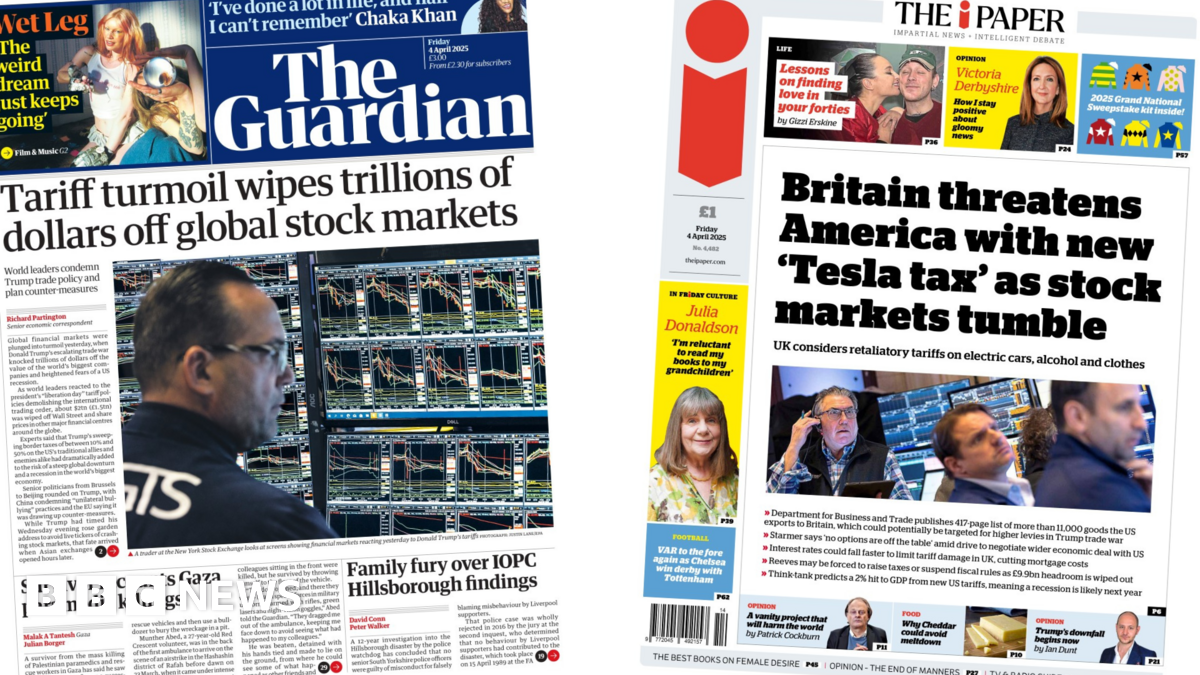Bland American Cheese: Tariff's Bitter Taste
The humble American cheese slice, a staple in countless sandwiches and grilled cheese recipes across the nation, is facing a crisis. The seemingly innocuous ingredient is caught in the crossfire of escalating trade tensions, with tariffs levied on imported cheese impacting not only prices but also the very taste of this ubiquitous dairy product.
This isn't just about the cost of your lunchtime snack; it's a story about the complex interplay of international trade, agricultural policy, and the surprisingly nuanced world of cheesemaking.
The Tariff's Tangible Impact
Tariffs imposed on imported cheese, primarily from countries like Canada and New Zealand, have significantly increased the cost of production for many American cheese manufacturers. These manufacturers, often relying on imported whey protein and other ingredients to maintain consistent quality and price, are now forced to absorb these higher costs or pass them on to consumers. The result? Higher prices at the grocery store and a potential shift in the quality and taste of the cheese itself.
- Increased Prices: The most immediate impact is a noticeable increase in the price of American cheese, affecting both consumers and businesses reliant on the product.
- Quality Concerns: To maintain profitability, some manufacturers might be forced to compromise on ingredients, potentially leading to a less desirable taste and texture. The use of cheaper alternatives could result in a blander, less flavorful cheese than consumers are accustomed to.
- Supply Chain Disruptions: The tariffs have created uncertainty within the supply chain, leading to potential shortages and delays in the delivery of cheese to stores and restaurants.
Beyond the Price Tag: A Taste Test
While the price increase is undeniable, the impact on the taste of American cheese is a more subtle – yet potentially significant – consequence. Many manufacturers utilize specific blends of milk and whey protein from various sources to achieve a consistent, slightly sweet and tangy flavor profile. The tariffs disrupt this carefully balanced equation. Substituting ingredients to offset rising costs can lead to a less desirable outcome, potentially resulting in a blander, less flavorful final product. This subtle shift in taste could have significant repercussions for consumers, particularly those accustomed to the specific taste of their preferred brand.
The Future of American Cheese
The long-term implications of these tariffs remain uncertain. Will consumers continue to purchase American cheese at higher prices? Will manufacturers find alternative, cost-effective solutions without sacrificing quality? Or will the humble American cheese slice ultimately become a luxury item?
These are critical questions facing not only the cheese industry but also consumers who have come to rely on this affordable and versatile food staple. The situation highlights the interconnectedness of global trade and its impact on everyday products. The seemingly simple act of enjoying a grilled cheese sandwich has become a complex reflection of a global economic landscape.
What Can Consumers Do?
While the impact of tariffs is largely outside the control of individual consumers, awareness is key. Supporting local cheesemakers, seeking out sustainably sourced products, and being informed about the sourcing of ingredients can make a difference. By understanding the challenges faced by the cheese industry, consumers can make more informed purchasing decisions and potentially mitigate the long-term impact of these trade policies.
Further Reading:
This situation underscores the importance of understanding the complexities of international trade and its impact on our daily lives. The bland American cheese might just be a canary in the coal mine, a warning sign of broader economic consequences.

